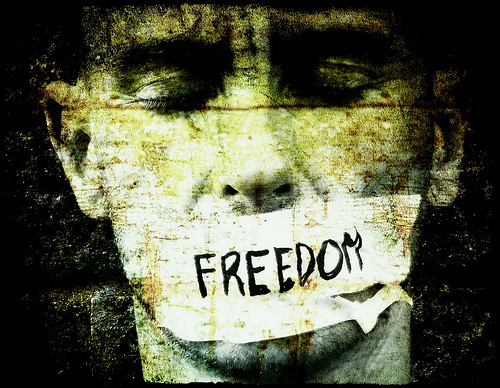“To vegetate on in cowardly dependence on physicians
and medicaments after the meaning of life, the right to life, has been lost
ought to entail the profound contempt of society.”[1]
A very “extreme” statement by Nietzsche when one considers that on this ground
he bases his “moral code for physicians”. In fact this view on physically
disadvantaged people earned him some bitter criticism as a theorist for some Nazi
doctrines.
Nevertheless, I think one ought to look beyond the
shocking aspect of such an extreme statement. One needs to suppose that this
radical view on handicapped people be taken to its “real” radical implication. The
statement above ought to be explored to its real depth:
People with severe physical disadvantages continue to
suffer discrimination in most parts of the world. Let us take the example of a
person which lost her arm: The technology necessary for the replacement with an
electronic arm is present. Nevertheless governments and institutions are not
willing to invest the money necessary for the development of this technology
and making it available.
If we apply the
Nietzschian extreme principle then the only normal and “worthy of life” is to provide all people with no arms with an
electronic one. If one says that this would cost too much and therefore is
impossible then we would remind them that we are discussion an “extreme”
radical solution. Cutting military spending to overcome physical bodily handicaps
would be nothing but a normal thing, with these “extreme” norms.
But the world is not like this. Indeed, the most
extreme people are usually the “bad guys”. Politically, parties with
anti-diversity agendas tend to be prepared to be radical and decided in their
opinions and decisions. On the other hand, parties calling for the opposite
values are usually less radical and more dispersed. An example of this is the
case of the minarets in Switzerland. Those opposed to minarets in Switzerland
wanted nothing shorter than total abolishment; those supporting it were ready
to compromise on the height and other details. The resulting triumph of the
parties against minarets is due partially to their extreme and uncompromising
position. There were only 4 minarets in Switzerland[2]!
Yet that did not play in favor of the progressive camp as they were ready to
compromise on the ideal of freedom of worship.
The “good guys”, those willing to adhere to a world
community of free human beings, are never radical enough to counter weigh their
opponents.
How can a world
of extremists be a better one? Easy, imagine a world where freedom and human
rights were nonnegotiable. Let us imagine a world where people would not
compromise on any of their or others liberties.
Viewed under this light, being radical could indeed be
considered a rather necessary thing.
LeBounce

